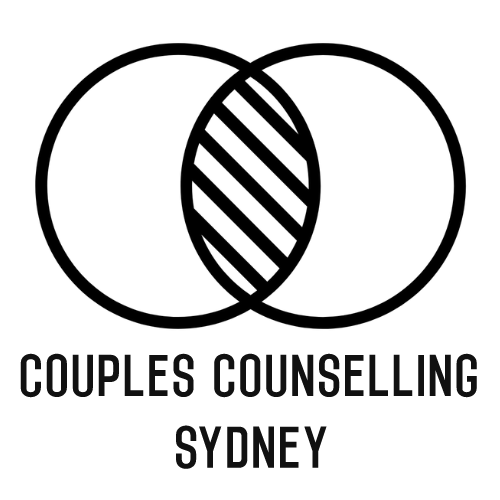BLOG
-
Poorly-trained relationship therapists can do more harm than good
Any therapist can say they’re a couples therapist. But general training as a psychologist or counsellor doesn’t give someone the skills to work as a relationship therapist, with more than one client in the therapy room at once. To be an effective relationship counsellor, a therapist needs to have specialised training in relationship counselling. This is why I’m degree-qualified in relationship therapy, at a Masters level.
Here’s an excellent article discussing this issue in more detail: 'Poorly trained relationship counsellors doing more harm than good, experts say'.
-
Love is not just something we find, it's something we do
Often, people think that having a successful relationship is about finding the right person. While it’s true that we need to find someone who’s compatible with us, the success of a relationship has as much to do with each partner’s level of emotional awareness and relational skills than these initial compatibilities.
Instead of getting caught up in thinking about whether the other person is right for us, it’s often more fruitful to focus on our own relational skills. If we don’t have the necessary relational skills, we can move from one relationship to another but, unfortunately, none of them are likely to be particularly satisfying or successful.
The good news is that relationship therapy can support you to develop the emotional awareness and relationship skills needed to build thriving relationships.
This article addresses how it helps to define love as an action and as a way of showing up in all our important relationships: 'Enough with finding ‘the one’. Let’s become better at loving the people we already have'.
-
Mindset is important to successful relationships
Research indicates that some of us have a ‘destiny’ mindset, while others have a ‘growth’ mindset, when it comes to relationships. Those with a ‘destiny’ mindset believe that partners in relationship are either compatible or they aren’t. They regard initial chemistry as important and tend to think that, if a relationship is right for them, it will work smoothly and easily. Those with a ‘growth’ mindset, on the other hand, believe that the ideal relationship will develop over time and that it will involve working to resolve difficulties. Commonly, people have some combination of the ‘destiny’ and ‘growth’ mindsets.
For long-lasting, healthy relationships, having ‘growth’ mindset beliefs becomes important. This is because research shows that the ‘honeymoon phase’ of relationships - when partners are feeling at their most passionate and connected - lasts two and a half years, at most. After that, it’s very normal for certain challenges to emerge. Partners with a ‘destiny’ mindset will often think that these challenges are a sign that the relationship is not working and will, therefore, want to leave. But those with a ‘growth’ mindset will be more committed to working through any difficulties.
For more on this topic, see: ‘A sexual destiny mindset’ – and the other red flags of romantic chemistry'.
-
People who are single are happier than people in bad relationships
The quality of your romantic relationship really matters. Research indicates that, if the quality of your relationship is poor, you would actually be happier being single. You can read more about this research here: ‘Being single beats bad relationships - and even neutral ones.’
All the more reason to give couples therapy a go if you’re experiencing relationship challenges!
